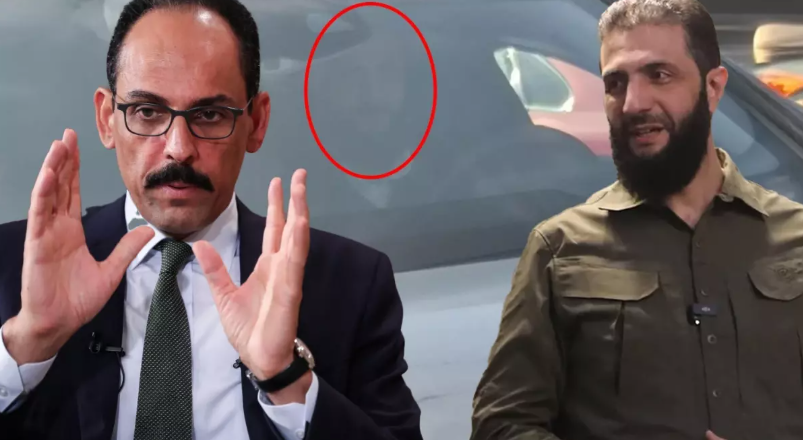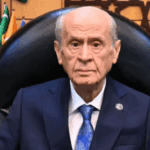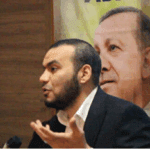Syria’s interim president Ahmed al-Sharaa has survived three separate assassination attempts since assuming power in January — all reportedly thwarted with critical assistance from Turkish intelligence and security services, according to a recent report by the Israeli newspaper Yedioth Ahronoth.
Al-Sharaa, the former leader of Hay’at Tahrir al-Sham (HTS), now governs Syria after an alliance of rebel forces — led by his own group — ousted longtime President Bashar al-Assad in December 2024. His meteoric rise from insurgent commander to head of state has placed him at the center of Syria’s post-war transition, but it has also made him a prime target for both jihadist remnants and pro-Assad loyalists opposed to the new order.
March Plot Thwarted Outside Damascus Palace
The first attempt on al-Sharaa’s life occurred in March, just two months after he took office. According to the report, Turkish intelligence operatives monitoring the perimeter of the presidential palace in Damascus detected suspicious movements as al-Sharaa exited the compound. In what appeared to be a well-coordinated intervention, three of his personal guards shielded him while security units apprehended the would-be assassin. At the president’s request, the incident was kept confidential to avoid appearing vulnerable during the early days of his rule.
Sophisticated Plot in Daraa Averted by Rerouting Convoy
The second attempt was described as more intricate and took place in the southwestern city of Daraa — a region long symbolic in Syria’s uprising history. As al-Sharaa’s motorcade made its way to the governorate building, members of his joint Syrian-Turkish security detail identified two individuals acting suspiciously along the planned route. The convoy was rerouted at the last moment, avoiding what officials later described as a “potentially lethal trap.”
Near-Fatal Ambush in Damascus
The third and most dangerous attempt occurred once again in Damascus. The report describes an ambush staged along a road al-Sharaa was scheduled to take upon leaving the presidential palace. Security forces managed to intervene before the assassin could strike, but sources quoted by Yedioth Ahronoth say this incident came “perilously close” to success.
No official group has claimed responsibility for the attempts, but Israeli intelligence sources cited in the report point to operatives from the Islamic State in Iraq and the Levant (ISIL). What remains unclear — and deeply troubling to security analysts — is how these militants managed to infiltrate the Syrian capital and obtain explosive materials despite heightened surveillance and the presence of multiple overlapping intelligence networks.
U.S. and Turkish Concerns Mount
The repeated attempts on al-Sharaa’s life have prompted concern in Washington. Yedioth Ahronoth quotes U.S. Special Envoy to Syria and Ambassador to Turkey Thomas Barrack as saying, “The United States is increasingly concerned about al-Sharaa’s safety, and we must establish a special security unit to protect the president’s life.” The report also notes that American officials rely heavily on Turkish intelligence for tracking threats inside Syria and safeguarding the interim president.
Turkey, which maintains a significant presence in northern Syria and enjoys close ties with al-Sharaa’s administration, has not publicly commented on the incidents. However, al-Sharaa has made three official visits to Ankara since taking office — a signal of Ankara’s central role in shaping the security and political trajectory of post-Assad Syria.
A Symbol of the New Syria — and a Target
Al-Sharaa’s leadership remains contentious. To his supporters, he represents a pragmatic force capable of stabilizing Syria’s fractured state, balancing Islamist credentials with diplomatic engagement. But to his detractors — including remnants of the Assad regime, jihadist factions like ISIL, and skeptical international observers — his legitimacy remains in question.
The assassination attempts have cast a long shadow over his presidency, but they have also underscored the geopolitical realignment in Syria. Turkey’s growing influence and Washington’s silent endorsement of a Turkish-led stabilization framework all point to a country navigating an uncertain but transformative chapter.



